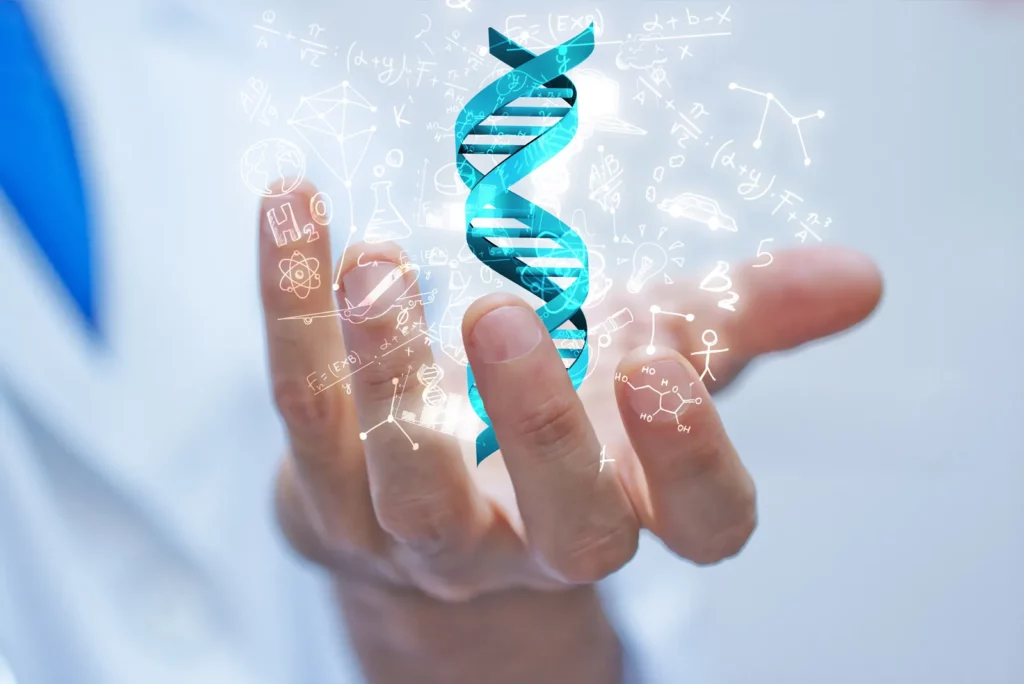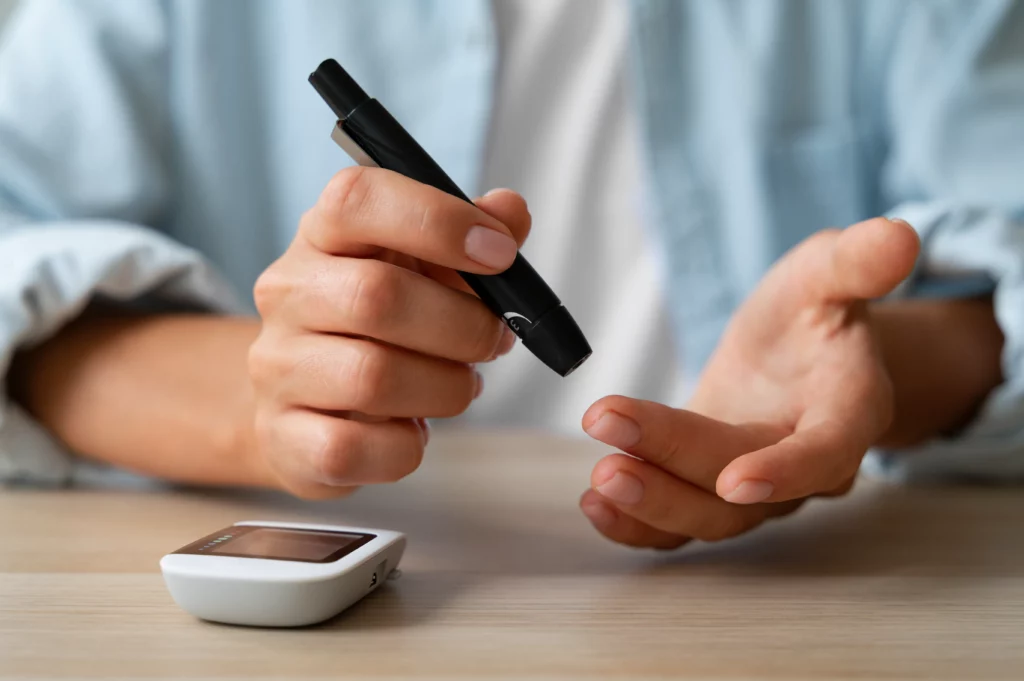Biologics

We owe the emergence and development of biologics to the incredible progress in biotechnology. They are among the most sophisticated in design and manufacturing medicinal products. Unlike ‘traditional’ medicines, whose active pharmaceutical ingredients (APIs) are produced by chemically synthesising components, biologics are the result of genetic engineering, utilising the cells of living organisms, such as bacteria or yeast, to produce active substances.
Biologics have revolutionised medicine, contributing to the improvement of patient survival rates, extending their lives, and importantly, enhancing the quality of those lives.
They have made it possible to effectively treat conditions such as anaemia, thrombosis, rheumatoid arthritis and diabetes.
For this reason, we have established a biotechnology laboratory to develop innovative, efficient and scalable technologies for producing biosimilars. Biosimilars exhibit a very high similarity to the reference medicine to the extent that they cannot be statistically distinguished in terms of treatment efficacy, safety profile and quality level.
The work of the Polfarmex biotechnology laboratory focuses on developing the technology for producing a biosimilar analogue of human insulin. Human insulin analogues are modified forms of insulin that do not occur naturally but still demonstrate the same activity in controlling blood glucose levels in diabetics as insulin produced by the human body. Through the use of biotechnological methods, insulin analogues have undergone intentional modifications to the amino acid sequence compared to human insulin. This aims to alter their pharmacokinetic properties – the rate of absorption – to influence the speed and duration of blood glucose lowering, thus achieving rapid, short-acting or long-acting hypoglycemic effects, depending on the therapeutic need.

Diabetes: A Public Health Challenge
According to the World Health Organization, diabetes affects over 500 million people worldwide. Around 3 million people are living with it in Poland. Nearly 90 percent of diagnoses pertain to type 2 diabetes, which is associated with changes in modern lifestyle. Biosimilars, including those in diabetes treatment, offer significant benefits to the healthcare system by increasing market competition and lowering prices, thereby improving patient access to treatment. We consider the development of biosimilars as our response to the challenges of modern medicine.
